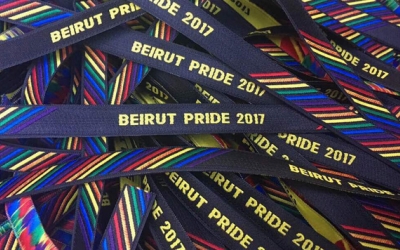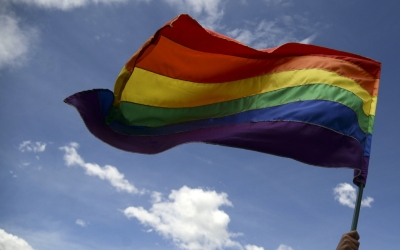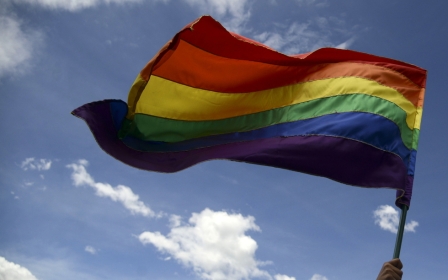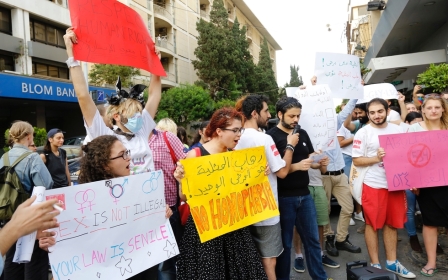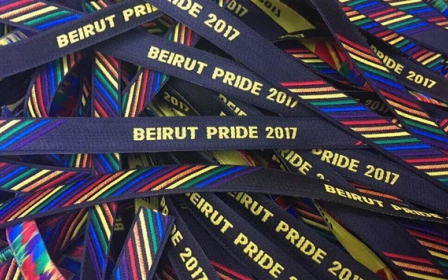Activists slam Lebanon telecoms ministry after it bans Grindr app
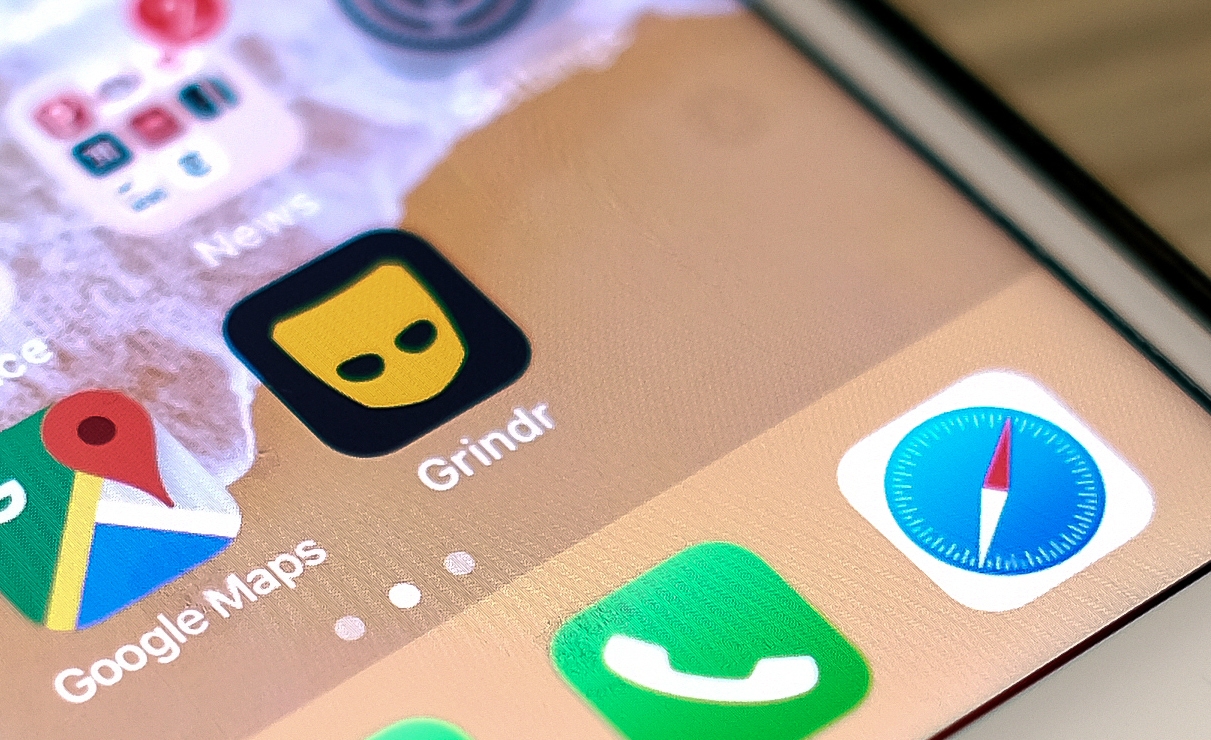
Lebanon's Telecommunications Ministry has banned queer dating app Grindr in a memo distributed to the country's internet service providers (ISPs).
The memo - signed by the ministry’s director-general for investment and maintenance, Bassel al-Ayoubi - orders ISPs to block access to Grindr's website and an associated IP address – effectively blocking the use of the app as well as the web platform.
Dated 24 May, the memo cites an order from the public prosecutor’s office.
Users of the service had reported over the weekend that Grindr was blocked on the network of state-run telecoms company Ogero.
Digital rights group Smex said it tested the app on Monday and found it was blocked by Ogero but not by some other ISPs.
New MEE newsletter: Jerusalem Dispatch
Sign up to get the latest insights and analysis on Israel-Palestine, alongside Turkey Unpacked and other MEE newsletters
Should the ban be fully implemented, it would affect all ISPs and consequently all Grindr users in the country.
Article 534 of Lebanon's penal code bans "unnatural" sexual acts and the law is often used to prosecute lesbian, gay, bisexual, transgender and queer (LGBTQ) individuals.
But in recent years, some Lebanese judges have ruled that Article 534 was not applicable in several cases involving transgender individuals and/or consensual same-sex acts.
While encouraging for LGBTQ activists, these rulings have been largely dependent on individual judge's interpretation of the law, as the Lebanese legal system is not based on precedents.
'Not an isolated incident'
Speaking to Lebanon's Daily Star newspaper, Tarek Zeidan, executive director of LGBTQ rights group Helem, said: "This is not an isolated incident, but yet another attack by Lebanese authorities on the personal rights and freedoms of its own people.
He added that crackdowns on LGBTQ people have often been used as a distraction from the country's real problems.
“This ban seems to be nefariously timed to coincide with the ongoing and deeply unpopular austerity measures this government is imposing,” Zeidan said, referring to the draft 2019 budget that had been endorsed by the cabinet just hours earlier.
Mohamad Najem, Smex's executive director, also told the Daily Star: "We see this as a limitation of freedom of speech and association.... This is not what a state that claims they are democratic does.”
Along with the ban itself, the Daily Star said it had obtained a supporting memo from the Internal Security Forces Anti-Cybercrime Bureau citing decisions approved by public prosecutors Mary Abu Mrad and Imad Qabalan.
The memo said that Grindr "secures romantic and sexual liaisons for homosexuals and bisexuals".
In January, LGBTQ organisations in Lebanon highlighted how the Grindr app had abruptly ceased to work over Lebanese mobile ISPs for several days.
In a statement to the Daily Star at the time, a spokesperson for the Telecommunications Ministry denied knowledge of any such order having been issued.
'Moral standards'
Although Lebanon's LGBTQ community has historically had more room for manoeuvre than in some neighbouring countries, such freedoms have never been inscribed into law, leaving individuals vulnerable to abuse by police or other authorities.
Over the past year and a half, authorities in Lebanon have amped up a crackdown on queer individuals in the country.
In February, Human Rights Watch (HRW) filed a complaint with United Nations human rights officials over the disruption of events related to LGBTQ issues in Lebanon by the General Security Directorate, Lebanon's intelligence agency.
The US-based rights group also made public a written response from Abbas Ibrahim, the head of General Security, regarding his agency’s crackdown on a conference organised last year by a local NGO focused on gender and sexuality issues.
In the response, Ibrahim argued the event violated "moral standards" and also accused the organisers of deceiving authorities about the true nature of the conference.
Last year, HRW released a report on the challenges and the progress of LGBTQ communities in the Middle East.
The report, which shed light on laws criminalising homosexuality across the Middle East and the efforts to change them, said Arab LGBTQ activists "are defying state-sponsored repression and social stigma" despite legal hurdles.
According to the report, Lebanon and Tunisia have abandoned "forced anal examinations" for men suspected of being gay, "after pressure from local and international activists as well as treaty bodies".
"Most of the Arab states inherited strict laws against homosexuality from the French or British colonial systems of justice," the report said.
Meanwhile, other countries in the region like Saudi Arabia, continue to prohibit same-sex acts based on a conservative interpretation of Islamic law.
Middle East Eye delivers independent and unrivalled coverage and analysis of the Middle East, North Africa and beyond. To learn more about republishing this content and the associated fees, please fill out this form. More about MEE can be found here.


